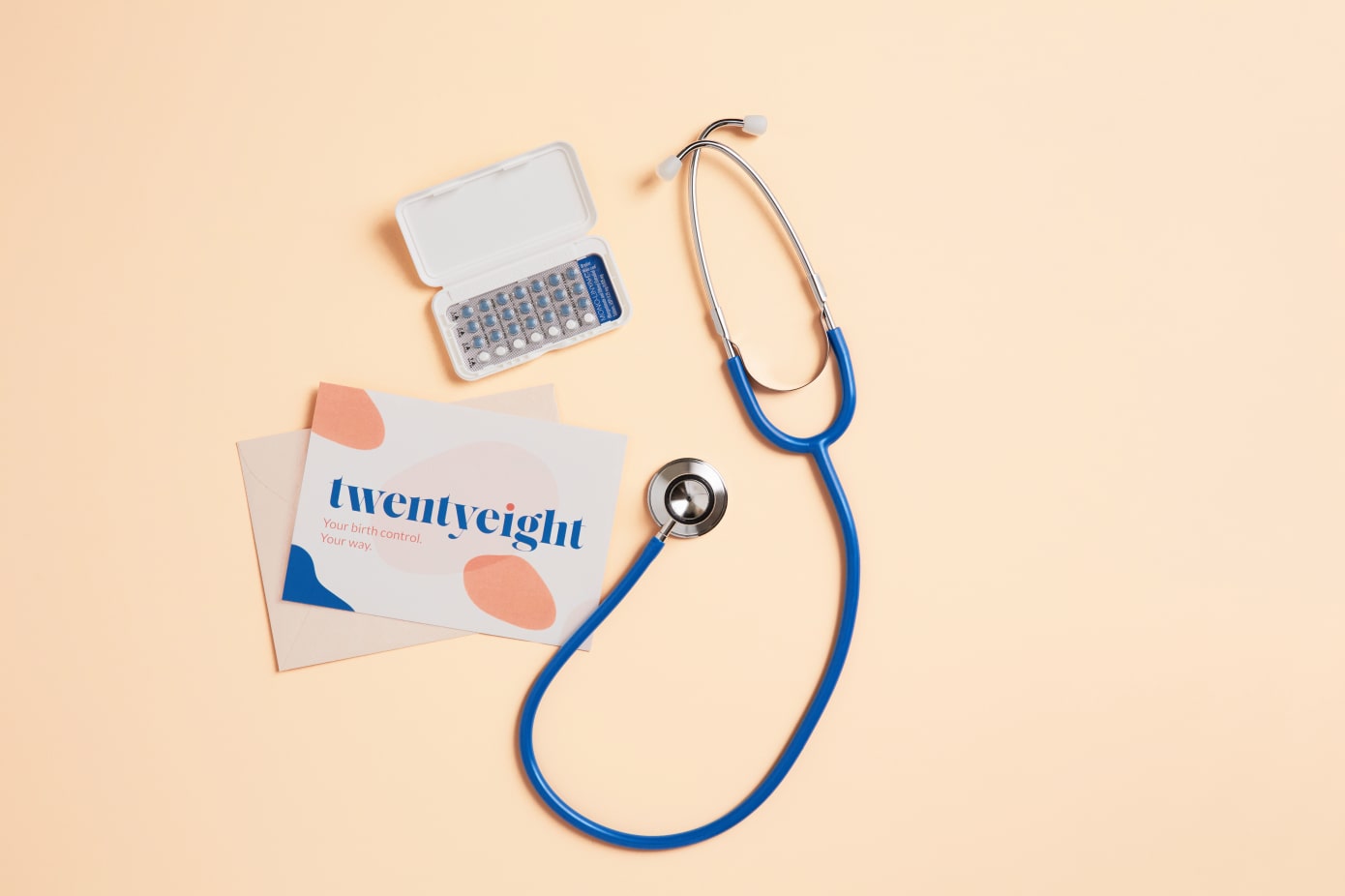The latest report published by ORCHA (the Organisation for the Review of Care and Health Applications) on digital health trends has found that there has a been a significant rise in digital health, with health app downloads up from four to five million every day.
The research provides 15 months of app search and downloadable data which began prior to lockdown measures.
The report found that the most downloaded apps were: Wysa for stress and anxiety, NHS Weight Loss Plan, Smoke Free, Low Carb Programme and Lincus Companion, a health and weight loss programme.
The report predicts that in 2021, with lockdown still a part of our daily lives, new sectors will discover the merits of digital healthcare within maternity and women’s health services, cancer, cardiovascular and stroke services.
The report authors call for improved procurement systems, allowing health and care professionals to prescribe digital health tools for patients, plus improved education, with more professionals being trained to use digital health as part of routine practice.
Key findings of the report stated that; downloads of apps supporting consumers with mental health needs increased by nearly 200% from summer 2019 to summer 2020; downloads of those supporting consumers with diets and weight loss rose by 1294% from mid-2019 to mid-2020; and downloads of apps helping consumers manage their diabetes rose by 482%
With the demand for mental health apps rapidly increasing during the pandemic, medical device company, Flow became one of the select apps to be included in the NHS ORCHA app library, meaning that NHS healthcare staff can recommend the solution to their patients.
Last year, UX design agency Sigma partnered with ORCHA to improve its digital health apps with review and accreditation services.
Digital health innovators across the industry shared their predictions with MobiHealthNews for 2021 as we face another challenging year for healthcare.
Liz Ashall-Payne, founder and CEO of ORCHA said: “With NICE having introduced guidance on digital health, 2021 will be the year when health and care staff embrace the full potential of apps – and it goes way beyond video-conferencing. We will start to see digital approaches being integrated into care pathways. For example, an app like FibriCheck will allow patients to check their heart rhythms, using a medically certified system. They’ll be able to detect arrhythmias and avoid complications like stroke.
“Another example, Vinehealth, which is approved by the NHS, helps cancer patients understand their treatment – and evidence shows that this leads to less emergency room visits.”







